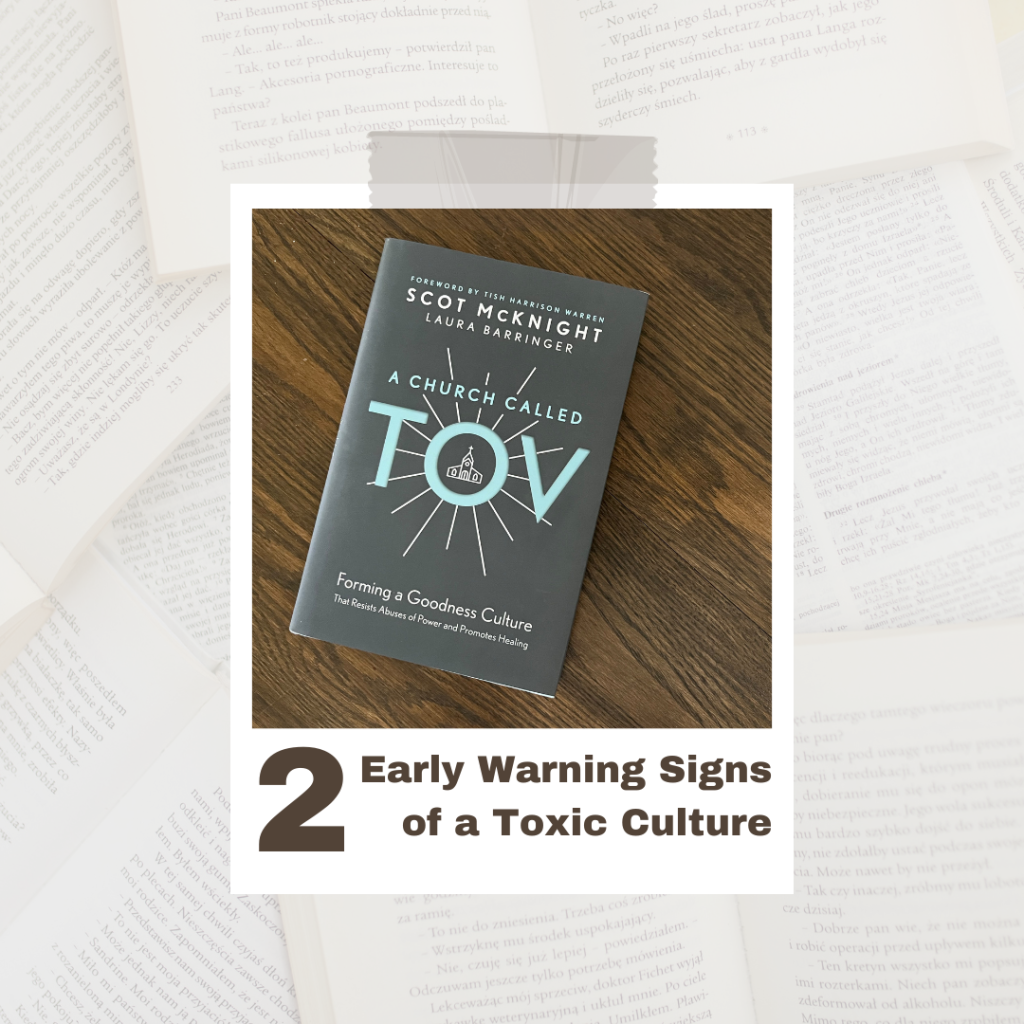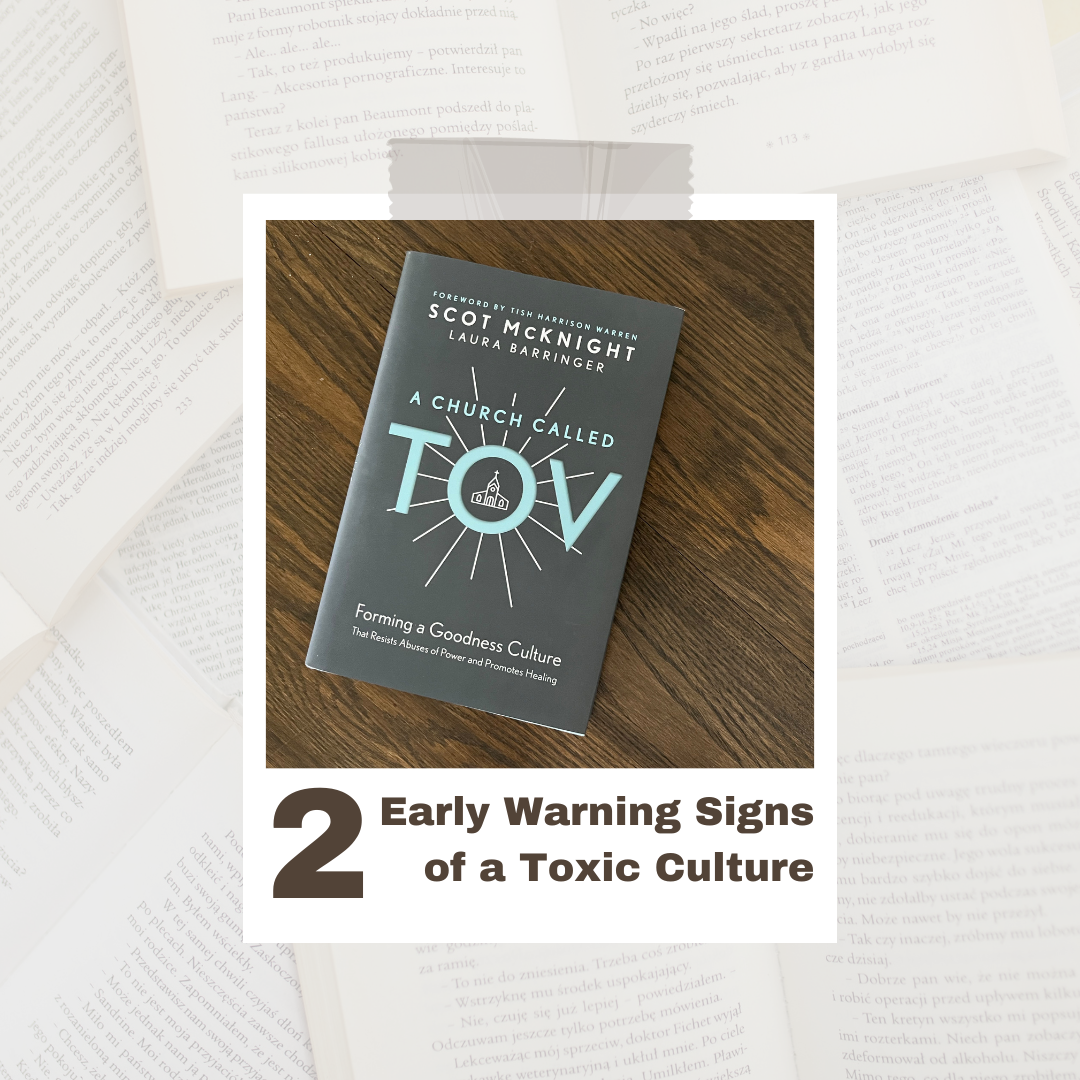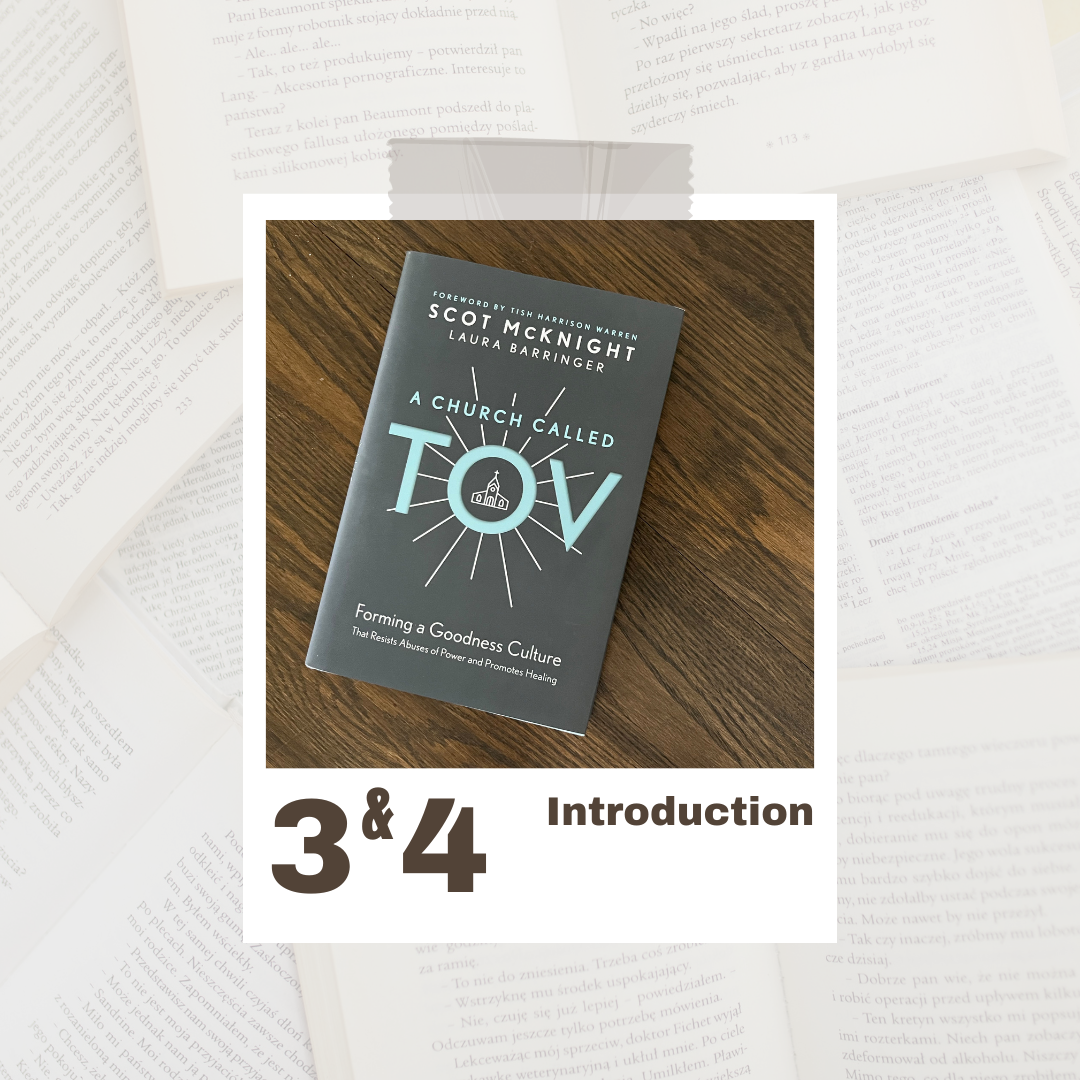
Blog Post: Chapter 2, “Early Warning Signs of a Toxic Culture”
Since reading the second chapter of A Church Called Tov and considering what to write, my main thought has been, “I need to write something good to impress the people who read it and I hope to receive some compliments.” So, when Laura Barringer defines narcissists as, “people who care only about themselves – what they look like and what other people think about them,” I have to ask myself, “Am I a narcissist?” As I stand in front of the mirror, flexing my biceps and admiring how good I look (of course I have never done that), am I another Narcissus falling in love with my own reflection? Am I a narcissist? Could I become one? How do I prevent that from happening?
I am not a pastor. Right now, I work mostly with cows. A cow rarely whispers sweet affirmations into my ear. It would be nice sometimes if they did. I hear mostly complaining and whining, “Feed me. I don’t want to be milked today. The grass is greener on the other side so I’m going to walk through this fence.” Maybe pastoring isn’t much different than farming. I hope all of you pastors and leaders receive more encouragement and affirmation from the people around you than I receive from my cows. We all need to be encouraged. But when does our desire to be affirmed become unhealthy? How do we know?
It’s easier and more fun to see unhealthy behaviour in other people than it is to see it in ourselves. Maybe that is at least part of the answer. I need people around me. People that I trust. People who know me well, that can speak into my life and hold me accountable. People who will lovingly guide me back when I am heading in an unhealthy direction. I also need to be that for other people. I would rather avoid difficult conversations but in Proverbs it says, “wounds from a sincere friend are better than many kisses from an enemy.”
Chapter 2 of A Church Called Tov also focuses on fear. Fear is a great motivator but maybe not a good one. Fear motivates us even when we don’t realize it. Advertisers know this and so do churches. The fear of hell, rightly or wrongly, has been used to encourage many to say the Sinner’s Prayer. I’m not going to tell you if I think that the fear of hell is a good reason to become a Christian because I’m afraid you won’t like me if you disagree.
In John 9 after Jesus healed the blind man, the blind man’s parents were afraid to talk about it because the Jewish leaders had said that if anyone acknowledged that Jesus is the Messiah they would be kicked out of the synagogue. “You cannot openly disagree with me, or we will kick you out of our community.” Fear has been used to control long before our time. Barringer and McKnight say,
Perhaps the most common temptation for church leaders is to wield their assumed authority and position as weapons of lethal, wounding power. When a leader manifests the power hatchet, a church is formed that adjusts to the blade of fear.
How do we use the authority we have been given? Do we use it for our own selfish desires, or for the good of those we are leading/serving. The authors say, ”power and fear are close companions.” Later they say, “power and goodness are not close buddies.” Am I pursuing power or goodness? It seems that it can’t be both.

Blog Post from Scott Roes, dairy farmer and lay leader with Maple View Mennonite Church




